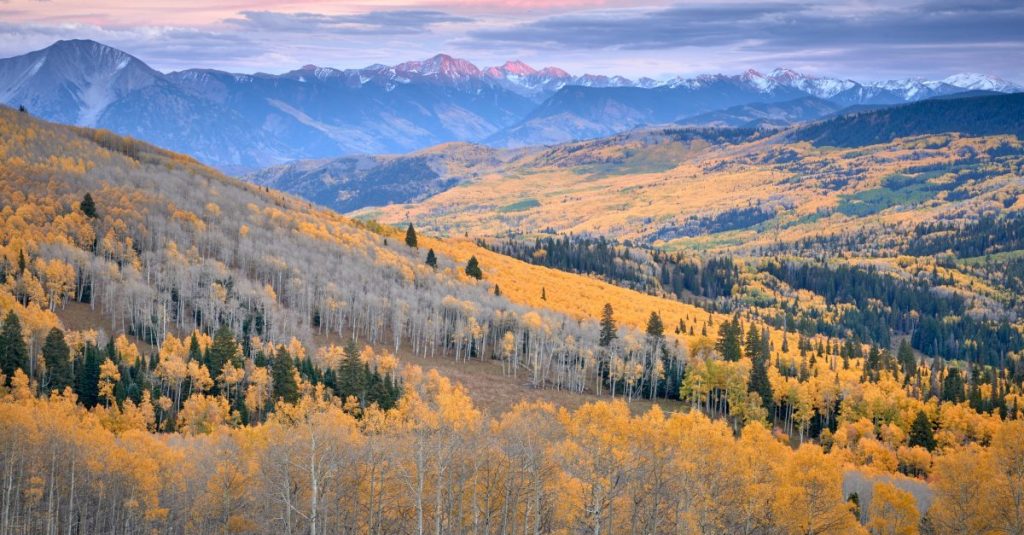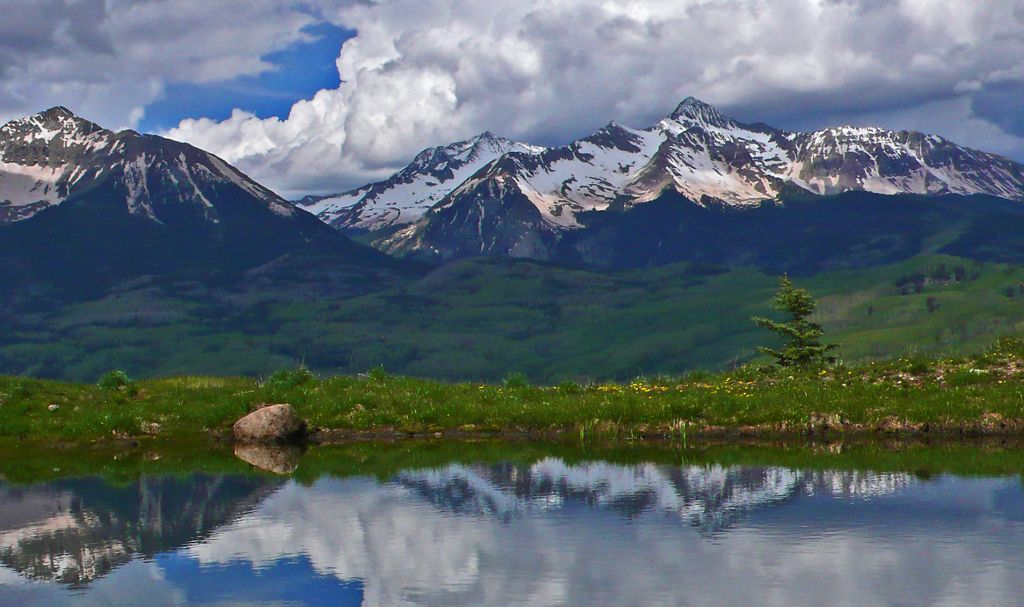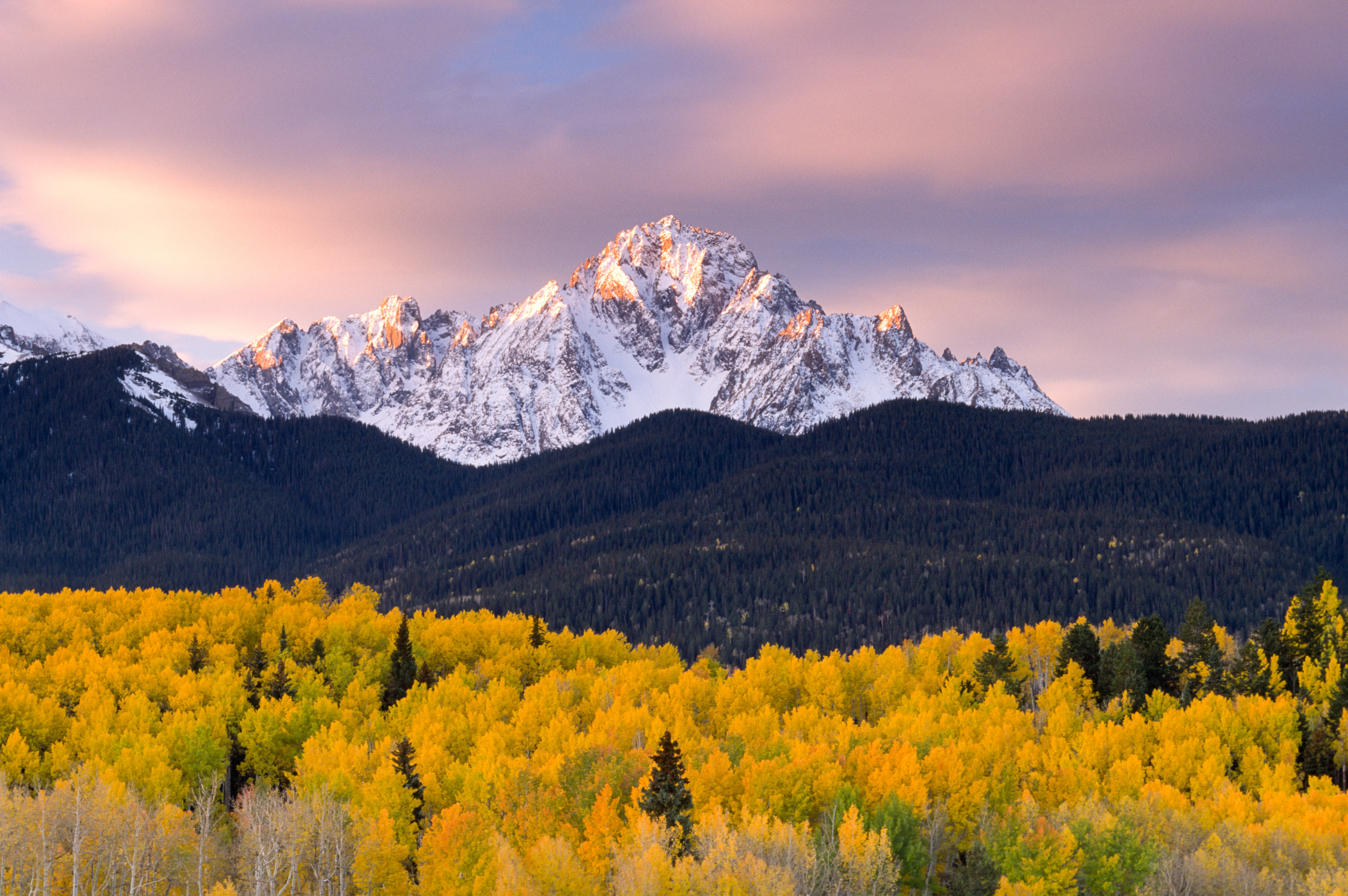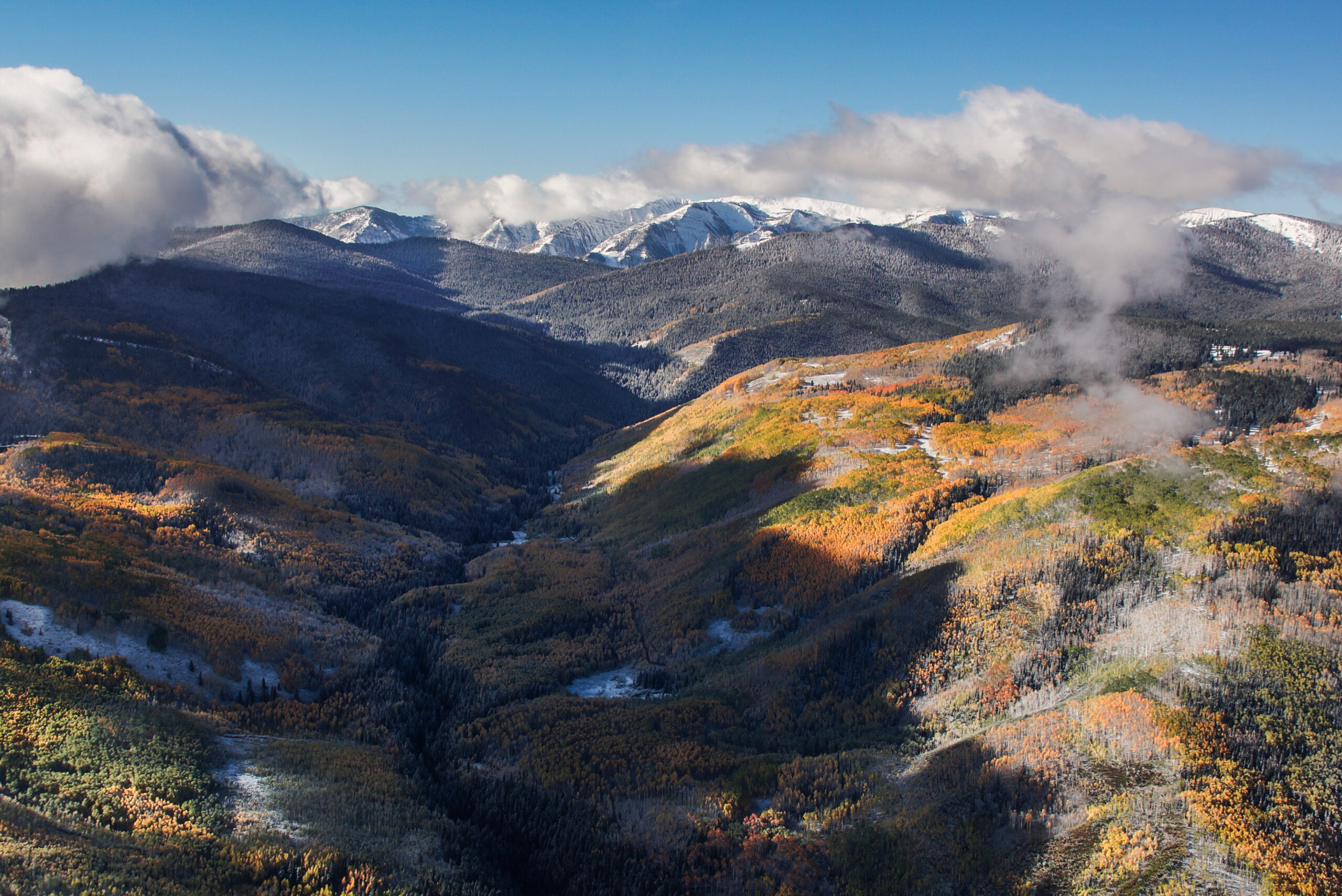
Credit: Jon Mullen, courtesy of The Wilderness Society
Lawmakers applauded for preserving Colorado’s great outdoors
The U.S. House Committee on Natural Resources passed the Colorado Outdoor Recreation and Economy (CORE) Act out of committee today. The legislation was introduced by Congressman Joe Neguse and Senator Michael Bennet in January and will safeguard roughly 400,000 acres of public lands in Colorado. The bill is a result of decades of collaboration between diverse stakeholders, including ranchers, sportsmen, small business owners, veterans, local elected officials, outdoor recreation organizations, and water and energy groups.
The CORE Act will boost Colorado’s outdoor recreation economy, ensure that hunting and fishing traditions continue, and honor World War II veterans. Given the breadth of support and wide-ranging benefits, Coloradans are counting on the congressional delegation to help move this bill to the House floor for a vote.
The bill would protect four areas:
San Juan Mountains
The CORE Act will create sustainable recreational opportunities in central Colorado’s White River National Forest, the nation’s most-visited national forest, and the iconic San Juan National Forest of southwestern Colorado, by protecting lands as wilderness and special management areas. Specifically, it will designate 31,725 acres of wilderness, including some of the state’s most iconic peaks, including two fourteeners: Mount Sneffels and Wilson Peak. It will also create the 21,663-acre Sheep Mountain Special Management Area, and protect 6,590 acres from energy development.
“As a passionate hunter, I know first hand how incredibly important roadless habitat is to wildlife, especially our region’s elk herd,” said Jesse Dudley, a San Miguel County hunter. “This year I harvested an elk from the proposed Liberty Bell Addition that will provide my family with a year of great tasting meat, and I hope to be able to continue to do so for many years to come thanks to the protections provided by the CORE Act. Many of my favorite hunting areas are within the proposed boundaries of this bill and that’s a major reason why I wholeheartedly support it.”
Continental Divide and Camp Hale
The CORE Act will designate Camp Hale as our nation’s first national historic landscape. This is where the 10th Mountain Division trained to fight in the Italian Alps during World War II, and whose veterans were instrumental in the founding of Colorado’s ski industry and laying the foundations of the modern outdoor recreation economy. It will also create two new wildlife conservation areas, totaling 11,662 acres, in addition to designating 21,033 acres as wilderness. Finally, it would ensure that the Tenmile Range remains open to mountain bikers.
“Summit County is very excited for the CORE Act. We thank Senator Bennet and Congressman Neguse for their leadership in this effort to protect our public lands, and urge Senator Cory Gardner to sign-on to this important legislation. Our public lands and Wilderness Areas help define Summit County and drive our recreation economy. We have waited too long for these public lands bills to pass and we urge Congress to pass this important legislation that will safeguard our public lands in a balanced way,” added Karn Stiegelmeier, a Summit County Commissioner.
Thompson Divide
The CORE Act would protect approximately 200,000 acres on the Western Slope near Carbondale and Glenwood Springs from the impacts of oil and gas leasing and development. Local governments, ranchers, recreationalists, and business owners have been requesting this permanent withdrawal for a decade. The area provides critical public land grazing allotments, outstanding opportunities for hunting and myriad of other recreational activities. Protecting this swath of backcountry has united the local community, given its importance to the local economy. Independent economic analysis conducted by Denver-based BBC Research found that hunting, fishing, grazing and recreation activities in the Thompson Divide support nearly 300 jobs and $30 million a year in economic value.
Rancher Tai Jacober said, “Thompson Divide has allowed me to raise the healthy hormone-and antibiotic-free cows that provide high quality grass fed beef and have a successful meat company. Maintaining the health of the Thompson Divide is also maintaining the health of our community. Congressman Tipton and Senator Gardner understand the importance of Colorado’s ranching traditions, so I hope that they join Congressman Neguse and Senator Bennet in supporting this important bill.”
Curecanti National Recreation Area
The CORE Act would establish the boundary around the 43,000-acre Curecanti National Recreation Area, making it an official unit of the National Park System. The area was established in 1965 but has never been designated by Congress. The legislation would do that, strengthening protection of natural and cultural resources in the area.
“The Curecanti National Recreation Area hosts nearly one million visitors annually and is a vital part of the recreational economy in the Gunnison Basin. We laud Senator Bennet and Congressman Neguse’s efforts in sponsoring legislation that will establish boundaries for the Area and protect it in perpetuity. Curecanti NRA includes Blue Mesa Reservoir, the largest reservoir in Colorado and the water resources and recreational amenities provided by Blue Mesa Reservoir are vital to our state. Thank you Senator Bennet for introducing legislation that will protect this important resource,” added Frank Kugel, General Manager of Upper Gunnison River Water Conservancy District.
The CORE Act would safeguard clean water, preserve wildlife habitats, grow local economies, and main the Colorado way-of-life. The CORE Act coalition is hopeful that Senator Cory Gardner and Congressman Scott Tipton will support the CORE Act, so that future generations will always be able to experience Colorado’s natural treasures.



